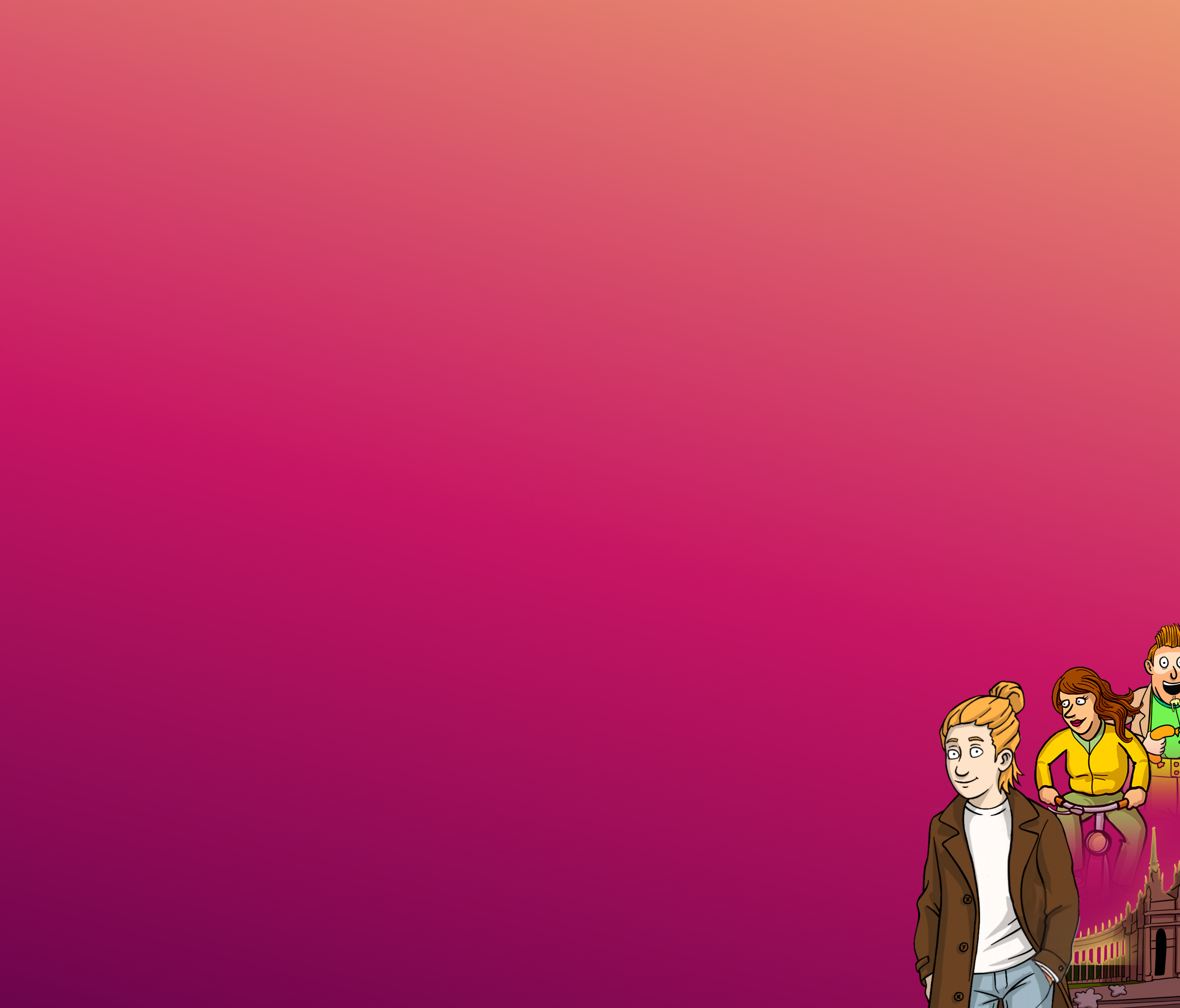Adjective endings if there is no article
If there is no article before the adjective, the adjective itself has to indicate the case. The ending the definite article would have had is added to the adjective.
die Familien → Junge Familien übernachten hier selten.
the families → Young families rarely stay overnight here.
das Bier → Wir servieren kaltes Bier.
the beer → We serve cold beer.
bei dem Wetter → Bei schönem Wetter sitzen wir draußen.
in the weather → In nice weather we sit outside.
Here are the endings that are added to the adjective:
| Nominativ | Akkusativ | Dativ | |
|---|---|---|---|
| maskulin | kalter Kaffee | kalten Kaffee | kaltem Kaffee |
| feminin | schöne Aussicht | schöne Aussicht | schöner Aussicht |
| neutrum | kaltes Bier | kaltes Bier | kaltem Bier |
| Plural | schöne Blumen | schöne Blumen | schönen Blumen |
Notes: the determiners viel (many), manche (some), mehrere (several), einige (some) take endings themselves. These follow the pattern for adjectives without articles (as shown above).
die Preise → Ich habe mehrere wichtige Preise gewonnen.
the awards → I have won several major awards.
den Gästen → Du hast vielen berühmten Gästen Essen serviert.
to the guests → You have served many famous guests.
- In the genitive, we mostly use only the plural form (-er):
der Kauf neuer Produkte
the purchase of new products
Still facing difficulties with 'Adjective endings if there is no article'? Learn and enhance your German grammar through our online German course. Start with a free test and improve today!
What our users say:
Improve your German further and test Wunderbla, online German lessons.

